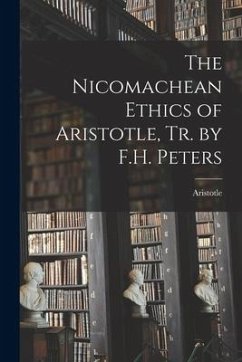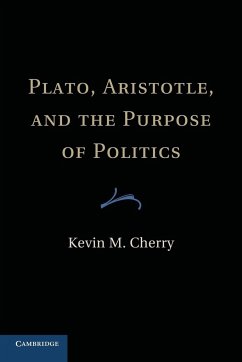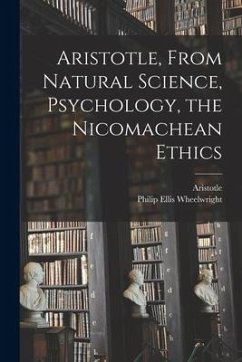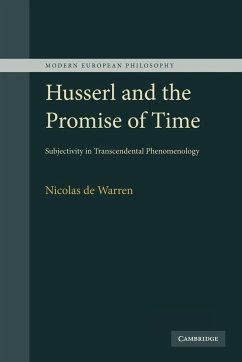
Aquinas, Aristotle, and the Promise of the Common Good
Versandkostenfrei!
Versandfertig in 1-2 Wochen
50,99 €
inkl. MwSt.

PAYBACK Punkte
25 °P sammeln!
Aquinas, Aristotle, and the Promise of the Common Good, first published in 2006, claims that contemporary theory and practice have much to gain from engaging Aquinas's normative concept of the common good and his way of reconciling religion, philosophy, and politics. Examining the relationship between personal and common goods, and the relation of virtue and law to both, Mary M. Keys shows why Aquinas should be read in addition to Aristotle on these perennial questions. She focuses on Aquinas's Commentaries as mediating statements between Aristotle's Nicomachean Ethics and Politics and Aquinas...
Aquinas, Aristotle, and the Promise of the Common Good, first published in 2006, claims that contemporary theory and practice have much to gain from engaging Aquinas's normative concept of the common good and his way of reconciling religion, philosophy, and politics. Examining the relationship between personal and common goods, and the relation of virtue and law to both, Mary M. Keys shows why Aquinas should be read in addition to Aristotle on these perennial questions. She focuses on Aquinas's Commentaries as mediating statements between Aristotle's Nicomachean Ethics and Politics and Aquinas's own Summa Theologiae, showing how this serves as the missing link for grasping Aquinas's understanding of Aristotle's thought. Keys argues provocatively that Aquinas's Christian faith opens up new panoramas and possibilities for philosophical inquiry and insights into ethics and politics. Her book shows how religious faith can assist sound philosophical inquiry into the foundation and proper purposes of society and politics.














